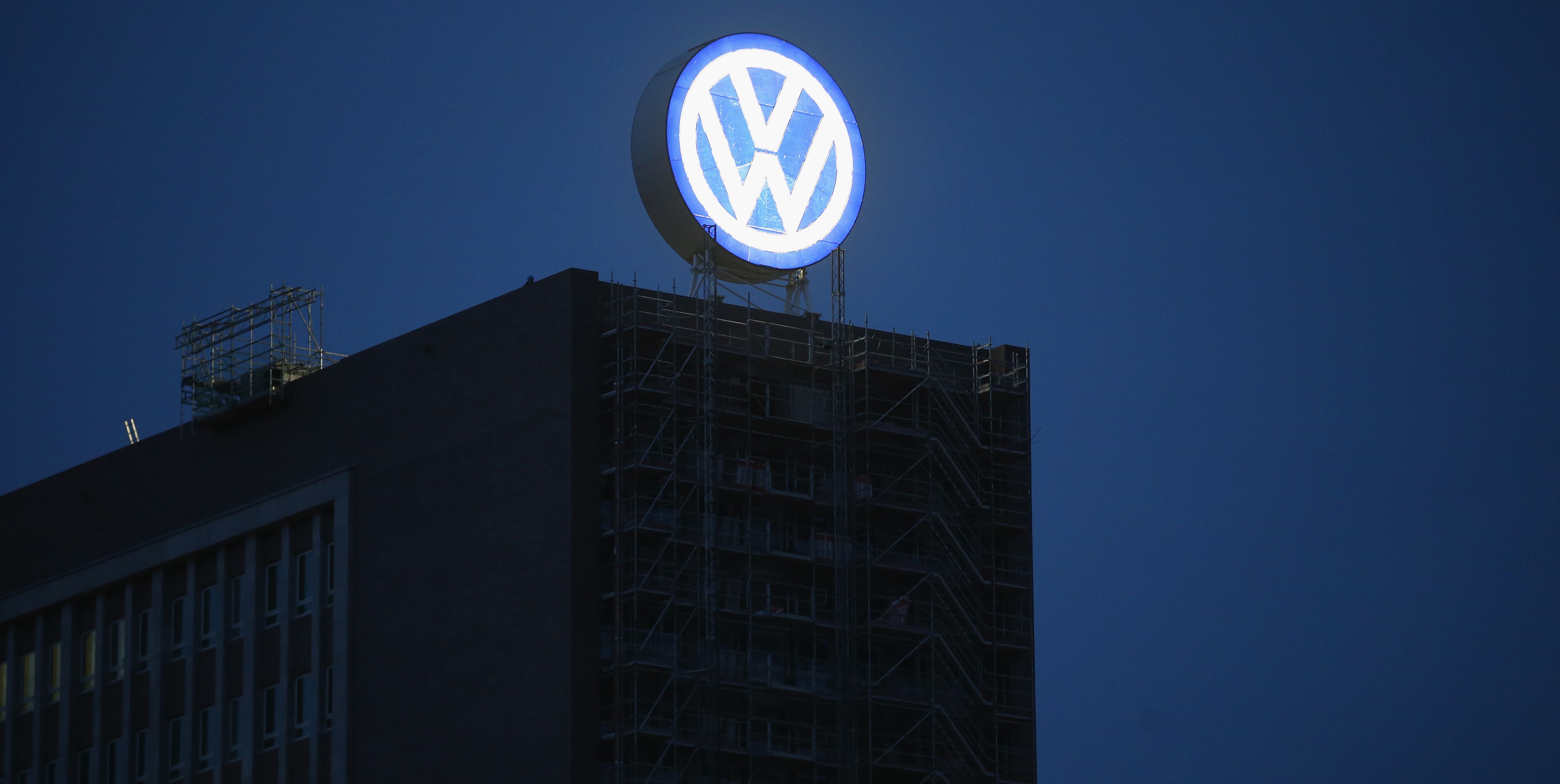VW Headquarters Raided Again as Dieselgate Seemingly Never Ends

- Prosecutors in Germany raided VW headquarters, reportedly looking for information on the EA288 engine. In simulations, the engine was found not to indicate properly when its diesel filter fails.
- The engine is successor to the EA189 engine that was involved in Dieselgate, a scandal over rigged emissions testing that first became public in 2015.
- It’s the headache that keeps on giving, but this time apparently individual VW employees are the target, not the company as a whole.
Volkswagen’s struggle to come out on the other side of the Dieselgate scandal, first made public in 2015 with VW’s admission that it installed illegal software in around 11 million vehicles worldwide, keeps getting pushed off into the future. VW’s latest setback comes in the form of a raid that German prosecutors conducted on the automaker’s headquarters earlier this week.
Exactly what the investigators were looking for is not totally clear, but VW said that the engine under scrutiny this time is different: it’s the EA288, a newer engine in the same family as the EA189 powerplant that was the main engine loaded up with the cheating software a half-decade ago, according to Reuters. VW claims that the new investigation is focused on individual employees and that the new investigation is unfounded.
The EA288 engine was introduced in 2012, and VW says that it complies with emissions limits. The issue is that in simulations, the engine does not indicate when its diesel filter fails. VW said it is fully cooperating with the authorities who are looking into the situation with the EA288 engine and reported the filter failure issue to them itself.
The EA288 is used in some older Golf, Passat, and Jetta models as well as in vehicles sold by Audi, Škoda, and Seat. It was produced with varied displacement that varied from 1.6 to 2.0 liters, but only the 2.0-liter version was sold in the U.S.
The big issue in VW’s diesel scandal was software, called “defeat devices,” that could identify when it was being run through emissions tests and then adjust the way the engine operates—changing fuel pressure, injection timing and exhaust-gas recirculation, for example—to pass the emissions tests. When driven normally on the road, emissions concerns were secondary to providing better performance. After VW admitted installing the defeat devices, it offered buybacks for its diesel cars in the U.S. and was also forced to spend $2 billion on advancing electric infrastructure here. Globally, VW has paid around $33 billion to fix its Dieselgate problems.
This content is imported from {embed-name}. You may be able to find the same content in another format, or you may be able to find more information, at their web site.
This content is created and maintained by a third party, and imported onto this page to help users provide their email addresses. You may be able to find more information about this and similar content at piano.io
*** This article has been archived for your research. The original version from Car and Driver can be found here ***